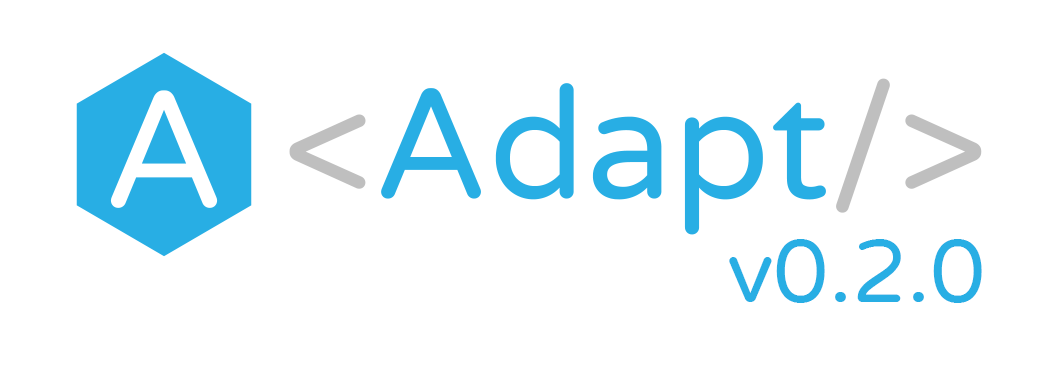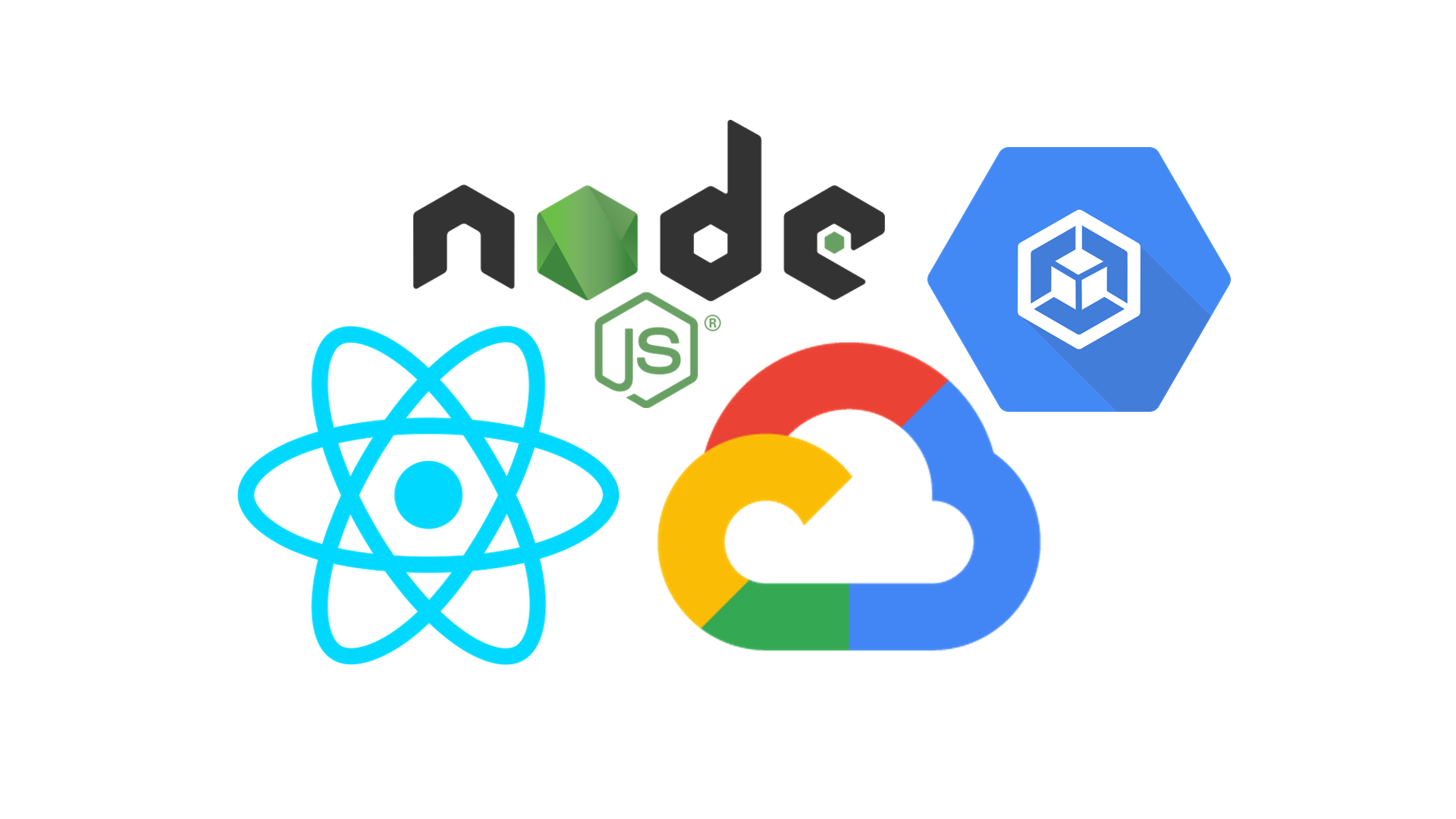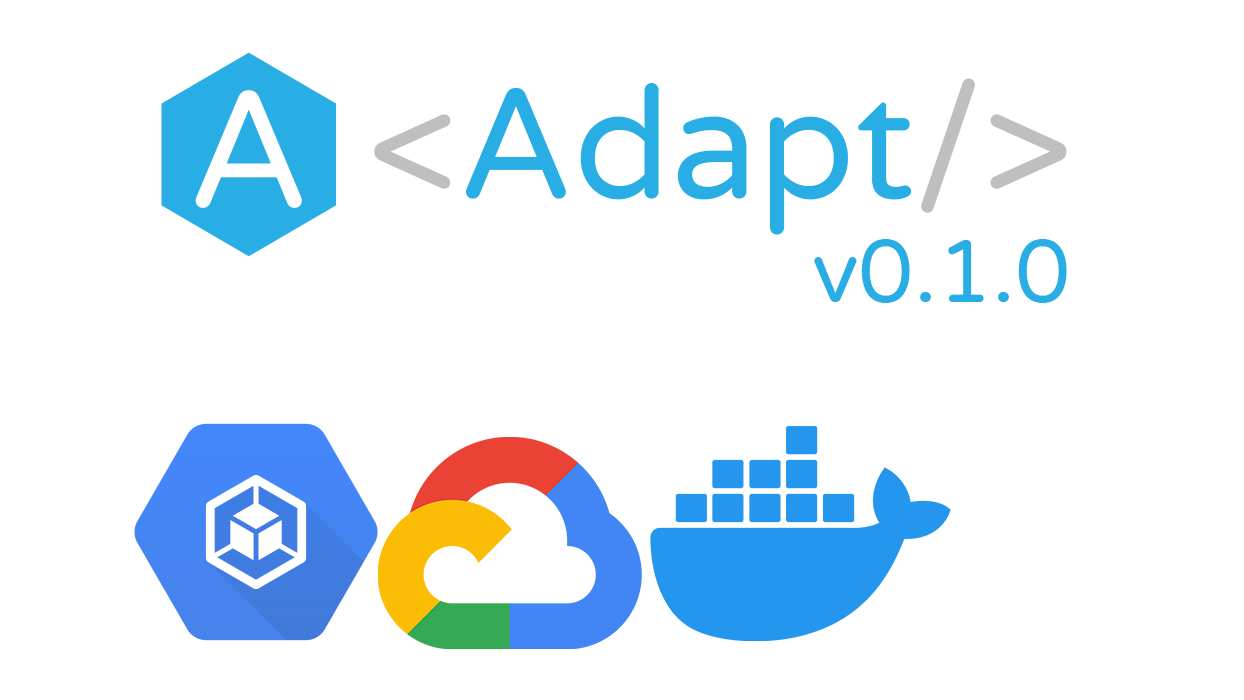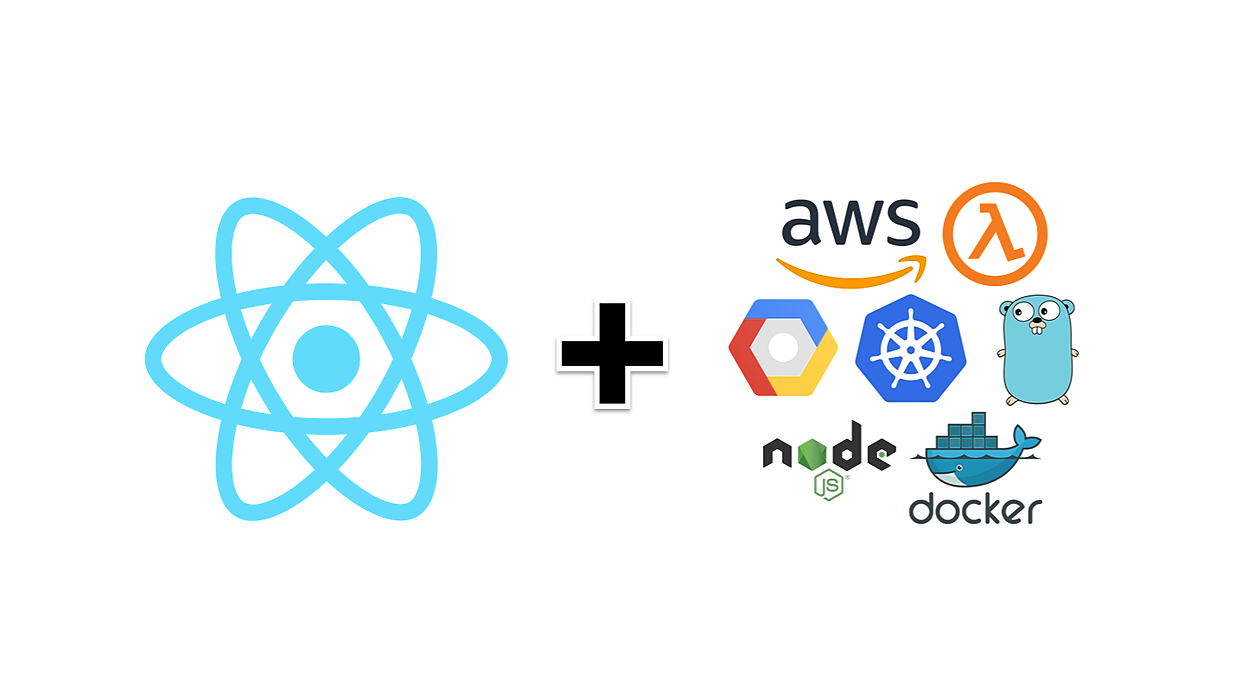Announcing Adapt 0.2.0

Adapt version 0.2.0 adds support for additional Node.js versions, adds configuration options for the CLI, simplifies the installation process, lays the foundation for easier upgrades, and fixes a few bugs.
Adapt v0.3.0: now with Google Cloud Run support!
March 16, 2020
Mark TerrelCo-founder, Unbounded Systems

Adapt version 0.2.0 adds support for additional Node.js versions, adds configuration options for the CLI, simplifies the installation process, lays the foundation for easier upgrades, and fixes a few bugs.
January 27, 2020
Manish VachharajaniCo-founder, Unbounded Systems

Declarative specifications are all the rage in infrastructure today, the more declarative the better. In the article linked here, I talk about why this approach falls short. In a nutshell, declarative approaches are really good when we don't care about the details of how something happens, just that it does. For many DevOps operations, this is true. We don't really care about how a container makes it to a particular server and starts accepting traffic. We only care that it does. But in many other cases, we care a great deal about how things happen. Consider some examples:
It turns out that the web development community has been dealing with many of the problems that modern declarative infrastructure systems face, and they've been doing it for 25 years. In this article, I want to talk a bit about how web developers have addressed these problems, and how we can apply these lessons to infrastructure. As it turns out, many of the lessons and solutions apply quite directly.
January 27, 2020
Manish VachharajaniCo-founder, Unbounded Systems

Right now declarative infrastructure specifications are all the rage. Kubernetes and its vast array of YAML is the poster child of the declarative movement. All of the other popular, recent tools in this space, like Terraform and AWS CloudFormation are also on trend.
Yet, in practice, these declarative specifications aren’t sufficient.
January 10, 2020
Mark TerrelCo-founder, Unbounded Systems

Co-authored with Manish Vachharajani
With all the different cloud service offerings, hosting solutions, and automation tools, figuring out how to get your app up and running in the cloud can be quite a challenge. In this article, I'll show you how to host your React front-end, Node.js back-end, and database on Google Cloud Platform (GCP) using a single command from an open source tool called Adapt.
January 9, 2020
Manish VachharajaniCo-founder, Unbounded Systems

After what feels like more work than it should have been (isn't that always the way), we are excited to announce the release of Adapt.js 0.1.0. There have been a whole raft of bug fixes and usability improvements in this release, but the 3 major new features are improved Kubernetes support, including Google Kubernetes Engine (GKE), support for making a local Docker deployment for testing and development, and support for remote Docker registries. We've also automated the release process which will make it easier to deliver regular releases for those of you that like to stay on the bleeding edge of development.
October 14, 2019
Mark TerrelCo-founder, Unbounded Systems

Photo by Lukas Blazek on Unsplash
Having flaky tests in in your CI is a nightmare. You can't tell whether your new code broke something or if it's just those tests being flaky again. So anytime we see strange, random failures in CI for our open source project, Adapt, we try to track down the culprit ASAP. This is the story of how we discovered we were (accidentally) flooding our DNS server with traffic and how we used a DNS cache in Docker to solve the problem.
September 25, 2019
Manish VachharajaniCo-founder, Unbounded Systems

What is "Infrastructure as Code"? If someone checks a bunch of YAML files into a Git repository, do they suddenly become code? That seems more like "Infrastructure as Files" to me. I suppose that's better than infrastructure as a gaggle of shell scripts and some commands run by hand in the middle of the night in a coffee-fueled haze, but it is a far cry from code. How about a system to define infrastructure that really is like code?
